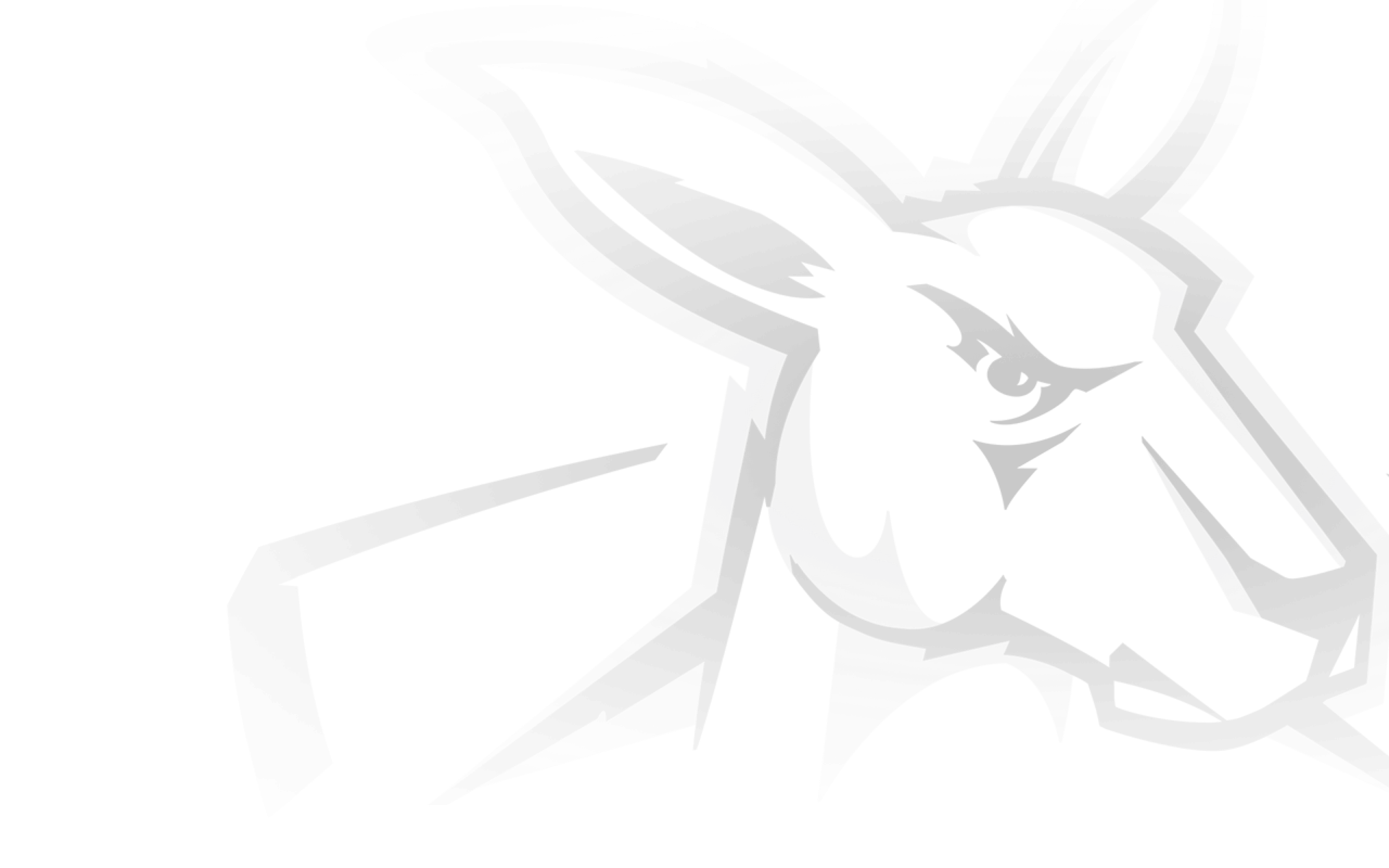Peter Bell came from a long way back to make it to the Australian Football Hall of Fame. The odds that he would make it to the AFL in the first place were long. That he would achieve such fame was quite remarkable.
Bell was the adopted son of a veterinarian family in Kojonup, a sheep-farming town in the south-west of Western Australia. He was born in Korea, the result of a union between an American serviceman and a Korean woman.
He was a footy fanatic from very early, but it wasn't a passion of the family. He was pretty much self-taught until he moved to Aquinas College in Perth as a boarder in year 10. But there were always handicaps. At 175cm he was short for a League footballer even then. These days, you would imagine the talent scouts taking one look at him and swiftly putting a line through his name.
He suffered two broken legs as a teen and complications followed. If his mother hadn't intervened, it is likely his injuries would never have healed properly and a career as a professional footballer would have been out of the question.
But through sheer determination he made it through the ranks of school football and then WAFL club South Fremantle. And as the star footballer of the Fremantle area, it was only natural that he would join the area's fledgling AFL entry, the Fremantle Dockers. Indeed, he was the first player to put pen to paper for the Dockers at the end of 1994.
The problem was that the style of play introduced by Freo's inaugural coach Gerard Neesham didn't suit the burrowing, busy Bell. He played just two games in 1995 and looked destined for the football scrapheap until West Australian media identity Bob Maumill convinced his mate, North Melbourne coach Denis Pagan, to give Bell an opportunity.
Bell flew to Melbourne – at his own expense because the Kangas had no cash for such business – to play in an intra-club practice match. Such was Pagan's paranoia that Bell was instructed to introduce himself as Pagan's "little cousin Ricky from Wangaratta".
Bell played - if not the best game of his life - then certainly the most fortuitous. He racked up a heap of possessions, and a week later the Kangaroos selected him in the pre-season draft. Even then, he was so unknown that for the first part of his first training session, some of his new teammates thought he was a water boy.
But he soon demonstrated he could play and he forged an outstanding career with North, playing in both the 1996 and 1999 premiership teams. He was terrific in the '99 flag decider, with 31 disposals and four goals, and just missed out on the Norm Smith Medal.
In 2001 he headed back to the Dockers, this time as captain, and was part of that club's first finals team in in 2003. He retired in 2008, by which time he was president of the AFL Players’ Association.
Bell says now that what drove him to succeed in the AFL were the long odds that he would ever make it in the first place. How many other Hall of Famers were, as Pagan once said of him, "found lying on the side of a road in a Korea"?
Said Bell: "Whether you believe in fate or serendipity, to make it from where I started in life and to end up playing football for close to 15 years professionally, was a great motivating force throughout my career."
Clubs: South Fremantle/Fremantle/North Melbourne
Born: March 1, 1976
Recruited from: South Fremantle (WA)
Playing career: 1994-2009 (SF 1994-95, 2009; Frem 1995, 2001-08; NM 1996-2000)
Games: 335 games (SF 49; Frem 163; NM 123)
Goals: 308 (SM 58; Frem 130; NM 120)
Player honours: NM best & fairest 2000; Frem best & fairest 2001, 2003, 2004; 2nd Frem best & fairest 2002, 2005, 2006; 3rd NM best and fairest 1997; Frem captain 2002-06; NM premierships 1996, 1999; SF premiership 2009; NM pre-season premiership 1998; All-Australian 1999, 2003; State representative (WA 3 games) International Rules (2 games); Graham Moss Medal 1998


